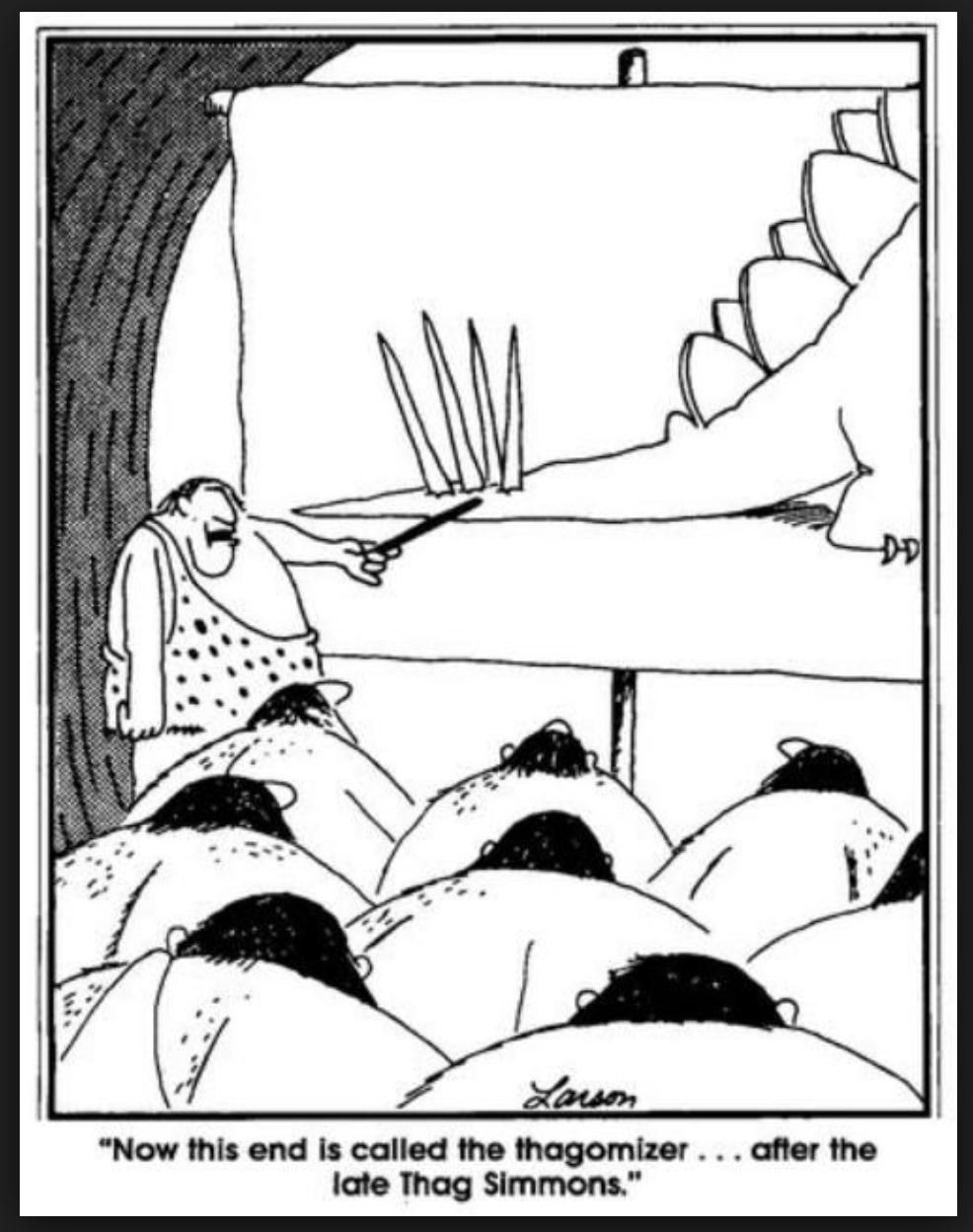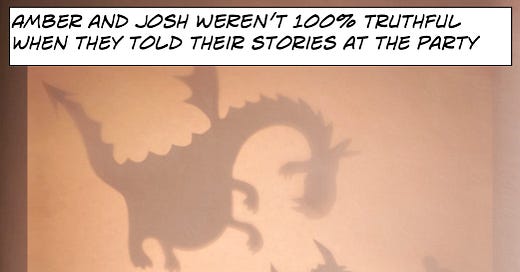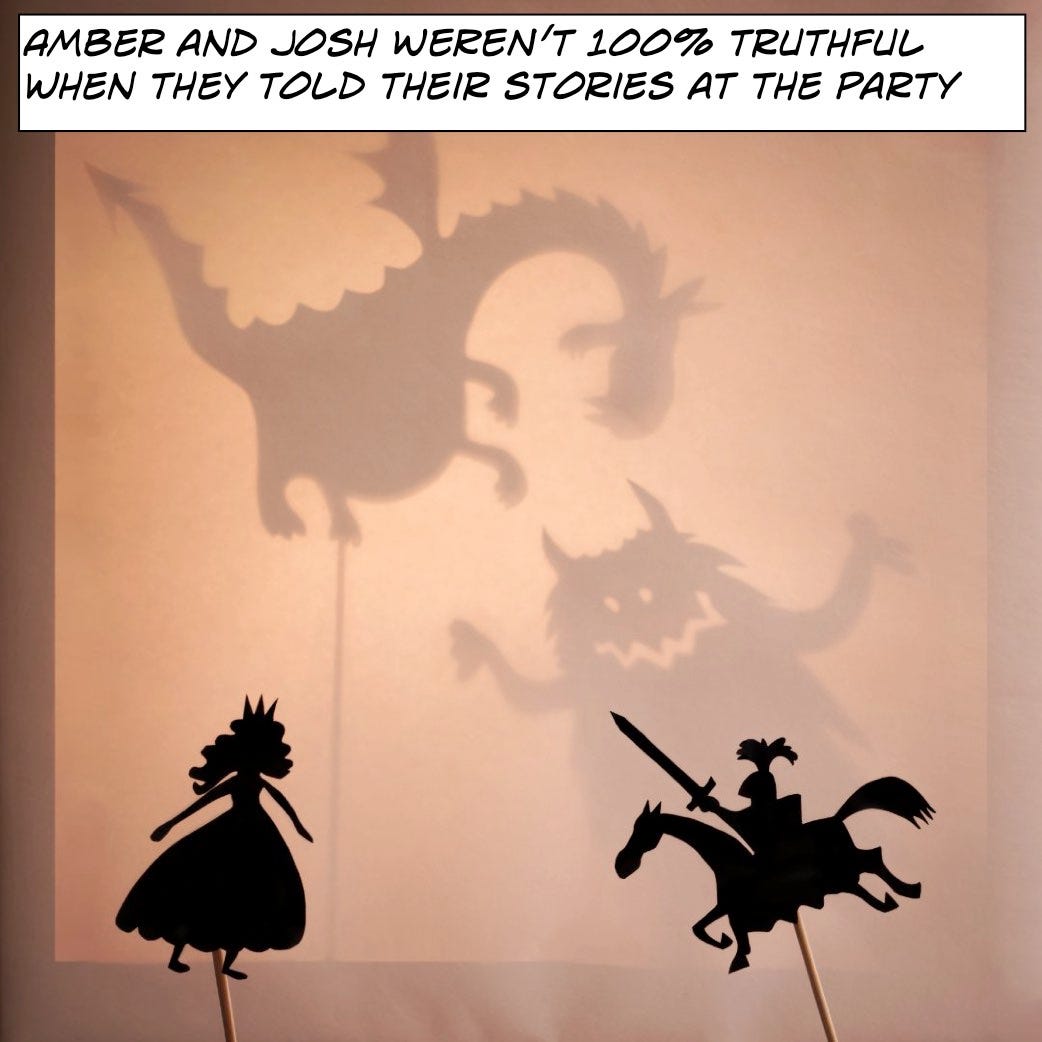Often we are defined by stories we tell ourselves about our past, present, and future: if we’re not careful they can be a prison of our own making.
.
The word “story” keeps showing up in my life, like the red-tailed hawk or coyote that continues to appear on a favorite walking route. It started with my push towards “Honoring the Ancestors” where I am collecting historical information to get a better idea of where I came from and produce some ancestral stories that can be passed on. Then a marketing email arrived from Zapier (their writing is consistently good) with tips on how to use storytelling in your email marketing. At the same time Minette was reading “Building a StoryBrand” by Donald Miller, I was digging into “Wired for Story” by Lisa Cron. In the context of fiction writing, “Wired for Story” points out how we use our brains’ ability for imagination to put ourselves inside of a story, try it on like a hat, seeing ourselves in others’ stories.
Story has always been the way we passed knowledge down through generations, whether it be through cautionary tales (“The day Thag was killed by a stegosaurus”) or humor (“This is the story of when your great-uncle Thag ate too many mushrooms and tried to ride a stegosaurus”) or societal views (“Thag Simmons and the Stegosaurus: A survey of sapien and dinosauria interactions in the Late Jurassic”).

When we ask people “What’s your story?”, what does that even mean? Our story encompasses our version of the past and how we saw ourselves in those events, how we see ourselves in the present moment, as well as a futurecast of our lives, selves, family, environment, hopes, and desires of what will happen for us.
“… a species, at its most fundamental level, of storytellers. Creatures who overlay story on everything, but especially their own lives…”
— Upgrade, A Novel, Blake Crouch
Past. When we look to our past - as therapy has been dragging me through recently - we can find the germination of our stories about things like love, money, fear, confidence, health, and our abilities in all things (think creativity and art, athletics, intellect). What we find can be illuminating but it can also be pretty rough on our image of ourselves, our story.
In my case this uncovering of my internalized stories of the past showed that my perception of childhood events and feelings shaped most of my decisions and behavior going forward. It showed that in many cases the protective armor I built up (“armor” in the Brené Brown sense) to satisfy those stories never really went away. This is analogous to society looking to History to see how it got here and finding today’s mistakes are eerily similar to yesteryear’s.
“History Sighs, Repeats Itself”
— The Onion
Present. I’m informed by two different ways of thinking about stories and the present: one from Buddhism and one from performance coaching.
Buddhism, of course, leads me towards being completely in the present moment: my story tends to pull me away from that. Anatta, “non-self” shows us that we just caused ourselves suffering by believing in a separate, independent self in the first place. So, avoid the stories that change my perception of what is real right now. Turn off the “Brad filter”.
Visualization informs us a little differently. When we spend time envisioning specifics about how we are going to perform an action it can have a genuine impact on when we actually do the thing. Our brains adapt to self-talk. Let’s say we’re going on a road trip and we spend some time envisioning a great night out walking around a new town or the enjoyment of a fun mystery novel playing on Audible as we drive. Because we “pre-played” those stories we are ready to live them when they arrive in the present. The same is true with negative self-talk: “I keep eating too much” just turns into “eat too much” when the time comes. So, change the “Brad filter”.
Future. I loved this quote from liminal space: “When we choose where we are and who we’re around, we are saying who we want to be.” While the article is specific to choosing friends the underlying message of projecting forward our desired selves is the same.
My vow and the Strong99 manifesto project the story I’ve chosen about me onto the future. It’s one of being a creative, stepping up to the plate, being “the man who is actually in the arena” to quote Roosevelt. But unless I look at my current stories and the stories of my past and understand how they affect my decisions and behavior, I am doomed to repeat them. It forces me to live an existence that fits into that container, like a Netflix retelling of Romeo and Juliette, Pygmalion, or Rambo.
Story constrains us and guides us, so we better have a really fucking good one. What’s your story?





